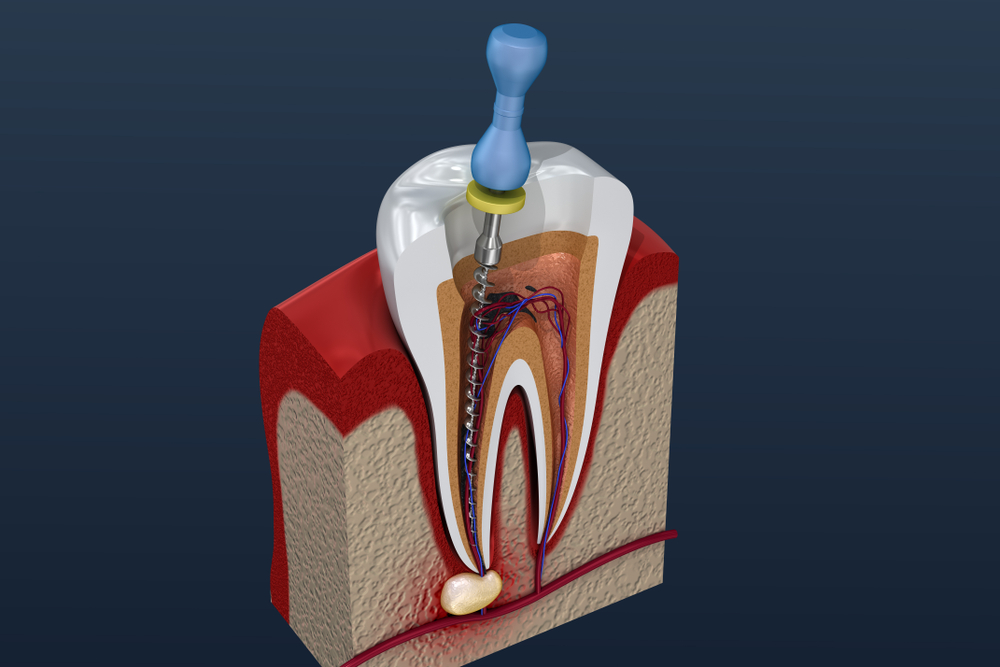
Despite a local anesthetic being requisite for root canals, somehow, it’s easy for the imagination to discount the pain relief from anesthesia and all too easy to focus on what the procedure would feel like if no medicine had been administered at all. But when you get all the facts about root canals and get answers to frequently asked questions about them, you can turn dread into desire if you’re in need of root work.
What Does a Root Canal Entail?
The root canal process involves filling the inside of a decaying tooth, cleaning it and sealing it. The dentist will first remove decaying tissue from the inside of the tooth before filling it.
Your dentist will also administer a local anesthetic at the start of the procedure so you won’t any pain during treatment and will only feel minor soreness afterward.
When Do You Need a Root Canal?
Root canals are needed when a cavity progresses to the point that the nerves and pulp inside the tooth become threatened. The same bacteria that caused the cavity can also destroy the nerves and soft tissue inside the tooth and ultimately cause the tooth to die and fall out. So root canals are lifesavers for teeth drowning in gum disease.
Are there Alternatives to Root Canals?
Yes, but you won’t get to keep the tooth. Root canals are the only way to protect severely compromised teeth. The alternative is to have the tooth extracted. However, the extracted tooth can be replaced by the next best thing to natural teeth: dental implants.
Like natural teeth, dental implants are embedded in the jawbone alongside any other teeth you still have in your mouth. Because the implants are inserted into the jawbone and packed with natural or synthetic bone dust, they fuse with the bone in a process known as osseointegration.
How Do I Know I Need a Root Canal?
Some of the telltale signs indicating you need a root canal for a tooth include pain when chewing with that tooth, swelling in the area of it, decay on and around the tooth, and increased sensitivity to hot or cold liquids.
But there’s only real way to know for sure whether you need a root canal or not – that’s talking with a local dentist.
Click here to talk find out more about getting a root canal in Petaluma CA.
